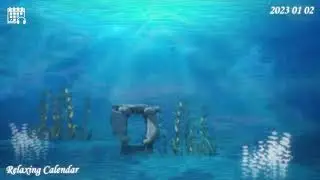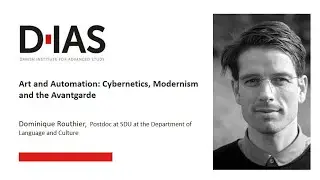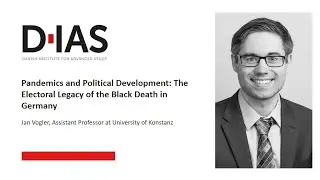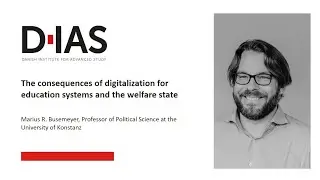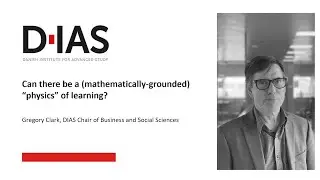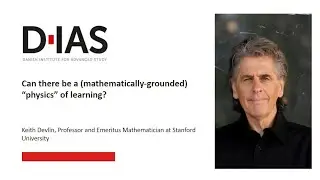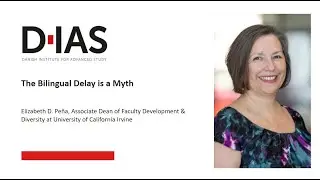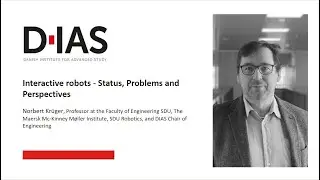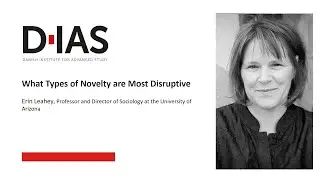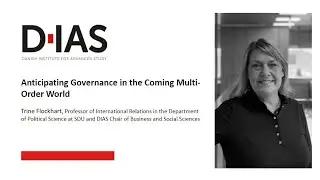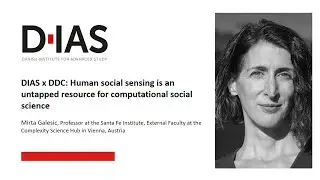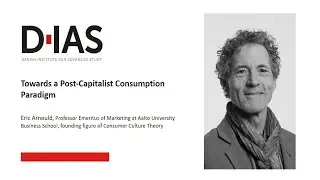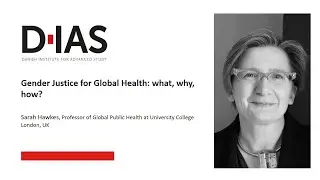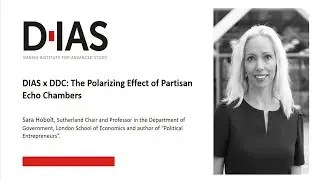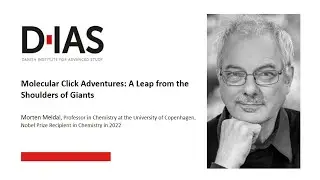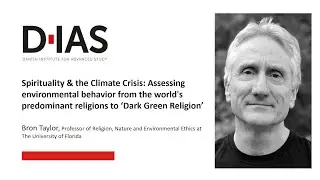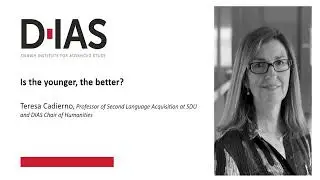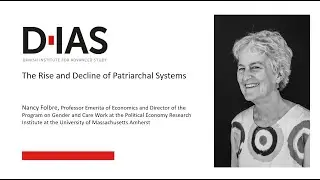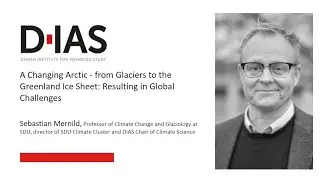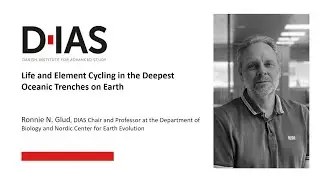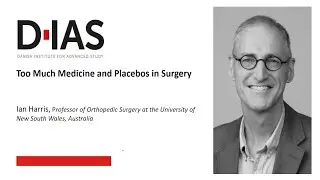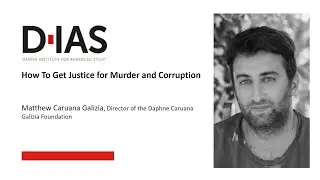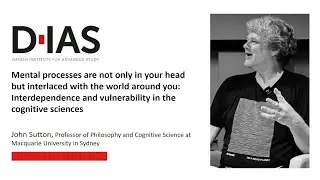Edward Baggs: The human sciences in the Anthropocene
LECTURE
Humans have long inquired about our place in nature. But is this question still meaningful? Geologists propose that we have entered the Anthropocene, an epoch in which life processes on our planet are everywhere decisively influenced by human activity. From microplastics that enter animal bodies to the particle composition of the atmosphere, life on planet Earth is everywhere under human influence.
What does this mean for the human sciences? Since the Enlightenment, the rational individual has been the sovereign subject of the human sciences. However, the major challenges of our time require us to seek cooperative solutions. Living within the boundaries of the Earth system requires a human science built on a foundation of sustainable community instead of competitive individualism. The Anthropocene presents an opportunity to rethink our relation to our planet, and to each other.
This lecture is the very first in a series titled "Mind in the Anthropocene" by the DIAS Minds Group. Learn more here: https://www.sdu.dk/.../research-proje...
--
Danish Institute for Advanced Study (DIAS) is a national elite center at University of Southern Denmark (SDU) that sets the framework for excellent research.
We offer an extensive program of different prestigious lectures and we aim to inspire groundbreaking ideas through the meeting of minds within all disciplines.
DIAS include chairs from all five faculties at SDU and three external chairs from the University of Copenhagen. The most important core in DIAS we believe is our team of 16 very promising DIAS Assistant Professors.
https://www.sdu.dk/en/forskning/dias
Watch video Edward Baggs: The human sciences in the Anthropocene online, duration hours minute second in high quality that is uploaded to the channel DIAS - Danish Institute for Advanced Study 22 April 2022. Share the link to the video on social media so that your subscribers and friends will also watch this video. This video clip has been viewed 214 times and liked it 3 visitors.





